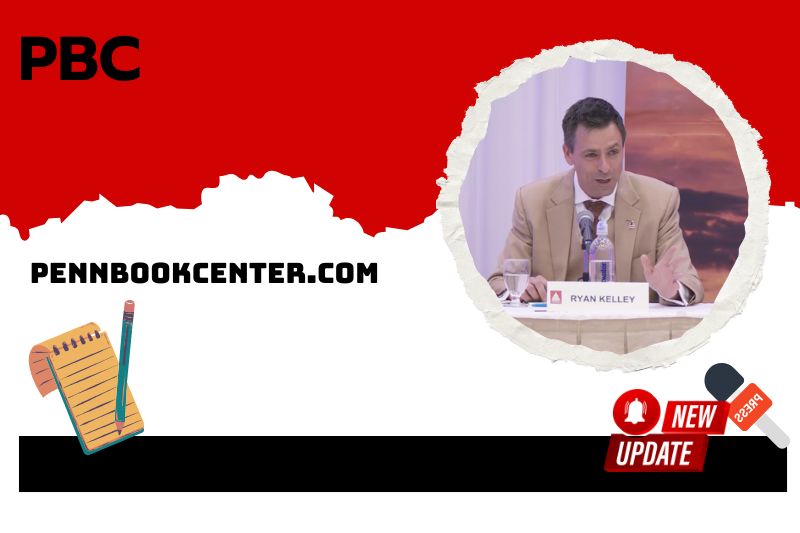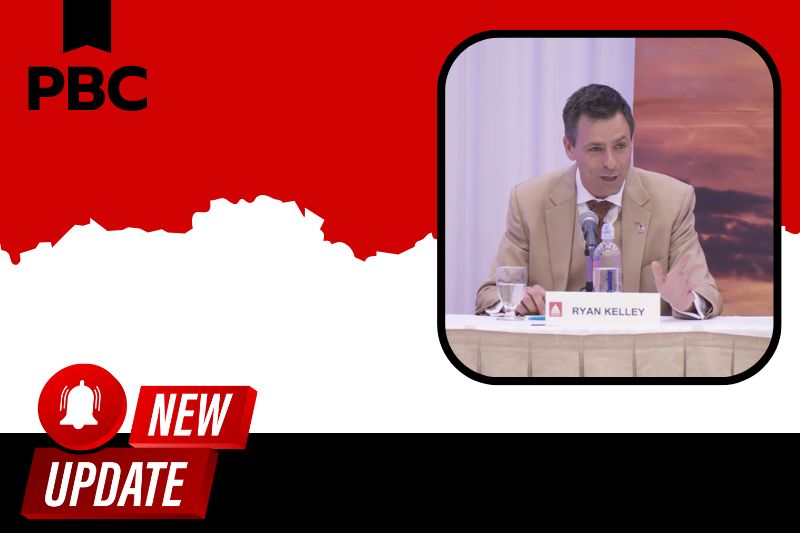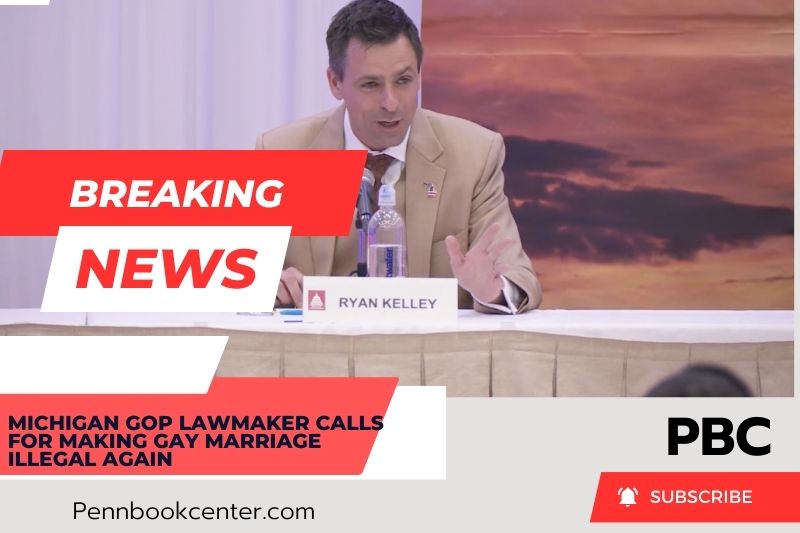The recent statement by a Michigan GOP lawmaker, Josh Schriver, has reignited debates around LGBTQ+ rights. Schriver’s controversial claim that gay marriage should be made illegal again has drawn sharp criticism from Democrats and LGBTQ+ advocates.
This discourse raises significant questions about legal protections, religious influence, and political motives. Here’s a closer look at the context and implications of his remarks.
What Did Josh Schriver Say About Gay Marriage?

Josh Schriver openly stated his belief that gay marriage should be illegal again. He shared this view on social media, citing religious texts and historical definitions of marriage.
His post referred to Bible passages from Matthew, which define marriage as between a man and a woman. Schriver further commented that the 2015 Supreme Court decision legalizing same-sex marriage was forced upon the nation.
The backlash was immediate. Michigan Attorney General Dana Nessel, herself in a same-sex marriage, criticized Schriver’s comments as harmful and divisive.
Similarly, Democratic Representative Jason Morgan called the remarks anti-family and vowed not to go back on progress made for LGBTQ+ rights.
Legal Status of Same-Sex Marriage in Michigan and the U.S.
Same-sex marriage has been protected nationwide since the 2015 Supreme Court ruling in Obergefell v. Hodges.
This landmark decision affirmed that the fundamental right to marry is guaranteed to all couples under the 14th Amendment. The decision has been a cornerstone of LGBTQ+ rights in Michigan and across the country.
However, Schriver pointed out the possibility of the current conservative-majority Supreme Court overturning past rulings. While this remains a theoretical risk, legal experts argue that overturning such a significant precedent would be extraordinarily rare.
Same-sex couples in Michigan are currently safeguarded by federal protections, making Schriver’s stance largely symbolic within his legislative role.
Political and Public Reactions to Schriver’s Statements
Public and political figures were quick to respond. Dana Nessel posed a critical question: “How does dissolving same-sex marriages benefit constituents?” This highlights the broader criticism that Schriver’s views are out of touch with public sentiment.
Social media reactions ranged from outrage to support, demonstrating the polarizing nature of this issue.
Representative Jason Morgan emphasized the personal impact of such rhetoric, noting it targets the marriages of hundreds of thousands of same-sex couples.
The broader political landscape also comes into play. The Michigan GOP recently regained control of the state House, which may amplify conservative voices like Schriver’s.
However, his comments could alienate moderate voters and fuel opposition from Democrats and independents.
Examining the Role of Religion in Political Debates on Marriage

Religion has always played a significant role in shaping societal views on marriage. Schriver’s arguments heavily relied on religious beliefs, using scripture to justify his position.
While this aligns with the views of many conservative constituents, it conflicts with the secular legal foundation of the U.S. Constitution.
Balancing religious freedom with LGBTQ+ rights remains a contentious issue. Historical examples show that religious perspectives on marriage have evolved, much like societal norms.
Schriver’s stance reflects a desire to revert to traditional interpretations, but this approach faces resistance from advocates of inclusion and equality.
Implications of Schriver’s Views on Michigan Politics
Schriver’s comments raise questions about the direction of Michigan’s GOP majority. While his position reflects a faction of conservative voters, it could complicate broader legislative goals.
LGBTQ+ advocates fear that such rhetoric may inspire regressive policies, even if they lack the legal power to reverse federal protections.
This controversy could shape future debates in Michigan’s state legislature. While Schriver’s opinions hold symbolic weight, their practical impact remains limited by constitutional safeguards.
The broader concern lies in the potential normalization of such extreme views within political discourse.
Why Same-Sex Marriage Continues to Be a Contentious Issue
Despite progress, same-sex marriage remains a divisive topic due to cultural and political divides. Social media amplifies these debates, allowing voices like Schriver’s to gain visibility.
Many argue that such rhetoric hinders societal progress, while others view it as a defense of tradition.
The LGBTQ+ community has faced decades of advocacy and setbacks to secure equal rights. Understanding this historical context underscores why statements like Schriver’s resonate so deeply with both supporters and opponents.
Conclusion
Josh Schriver’s remarks on gay marriage have reignited debates around LGBTQ+ rights and religious influence in politics. These discussions highlight the importance of inclusivity and legal safeguards.
Share your thoughts in the comments, explore more content, or visit Pennbookcenter to stay informed.




